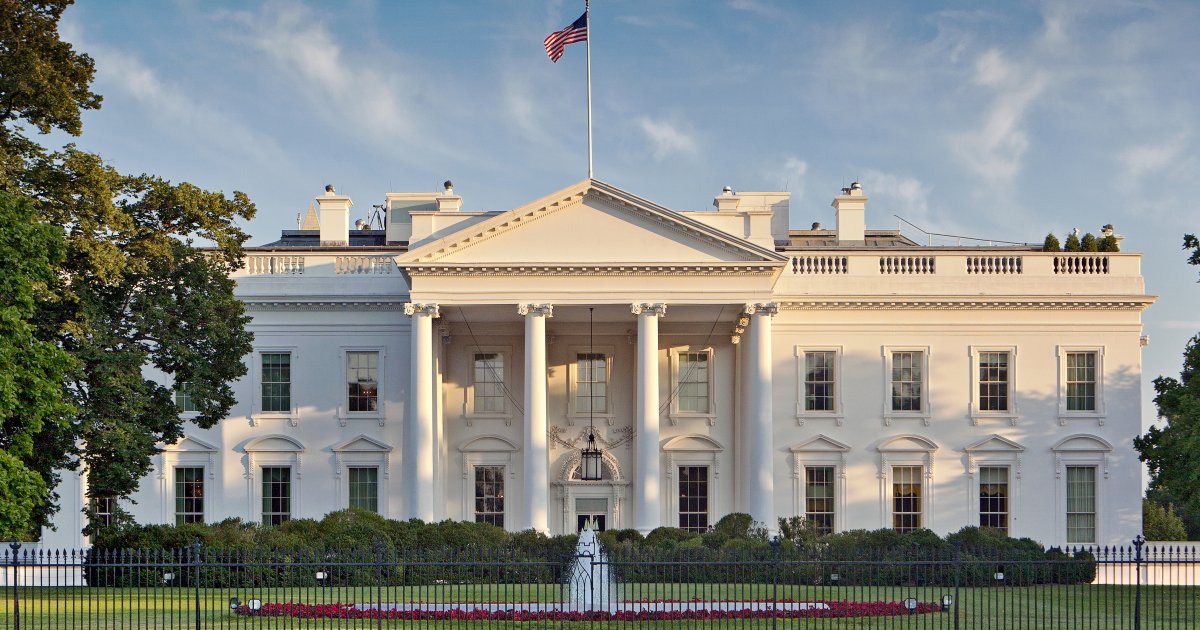Continuing Cancer Screenings
- In honor of Colorectal Cancer Awareness Month, the White House is urging people to continue having cancer screenings during COVID-19.
- The U.S. Preventive Services Task Force recently drafted new recommended guidelines which state colon cancer screenings should begin at 45-years-old.
- The best way to screen for colon cancer is through a colonoscopy, which doctors recommend you have every 10 years.
That’s the word from the White House in honor of National Colorectal Cancer Awareness Month.
Read MoreBoth Vice-President Kamala Harris and President Biden know how crucial these screenings can be, as they have both lost loved ones to the disease. In the statement, President Biden addresses the increasing number of colorectal cancer diagnoses in young people nodding to actor Chadwick Boseman‘s passing from colon cancer last year. In order to catch a possible diagnosis early, President Biden is begging the public to schedule their screenings and attend evaluations that are already scheduled.
Related: Everything You Need to Know About Colorectal Cancer Screenings
Dr. Heather Yeo breaks down common misconceptions about colon cancer
What is Colorectal Cancer?
Colorectal cancer, also referred to as bowel cancer in some countries, starts in the large bowels such as the colon. Depending on where it begins, patients may be diagnosed with either colon cancer or rectal cancer. Cancer of the small bowel is very rare. The disease begins when polyps grow from the inner lining of the bowel. Usually these polyps are harmless, but if left untreated, they can become cancerous.
When it comes to assessing your risk of colorectal cancer, it’s important to factor in both family history and lifestyle. Thankfully, it’s easy to make lifestyle changes that can cut your risk of the disease. This includes quitting any tobacco use, exercising to make sure you're not overweight, and eating a diet with a lot of fiber which includes green vegetables, whole wheat foods, and fruits. As for family history, it can be extremely beneficial to have an honest conversation with family members to find out whether anyone has a history of the disease.
Colorectal Cancer Screenings: A Breakdown
President Biden is correct when he acknowledged the rising number of colon cancer diagnoses among younger people. This has caused experts to reevaluate screening guidelines and lowering the required age to start scheduling them. In the past, the disease had predominantly been found in adults 50-years or older, but for those predisposed to get it at a younger age, these new guidelines could potentially help catch it at an earlier stage.
The U.S. Preventive Services Task Force recently drafted new recommended guidelines which state colon cancer screenings should begin at 45-years-old. However, many insurance companies still do not cover the cost of screenings for those below the age of 50.
Dr. Heather Yeo explains why colon cancer screenings are so important
For those who aren’t sure how colon cancer first appears, it all begins as a polyp, or small growth, in the colon that causes no symptoms. Although polyps can't be felt, they can be picked up by screening tests before they cause a problem. It takes up to 10 years for a colon polyp to become a full-blown cancer, which gives doctors time to remove the polyp before it causes a problem.
The best way to screen for colon cancer is through a colonoscopy, which doctors recommend you have every 10 years. This is a procedure that is used to screen for colon cancer by looking at the inside of the colon. This requires that the colon be "cleaned out" so that the gastroenterologist performing the procedure can have a clear look to evaluate if any polyps or masses are present. This can be life-saving for many, as it can catch signs of the disease at an earlier stage and therefore give the patient more treatment options.
Learn more about SurvivorNet's rigorous medical review process.

